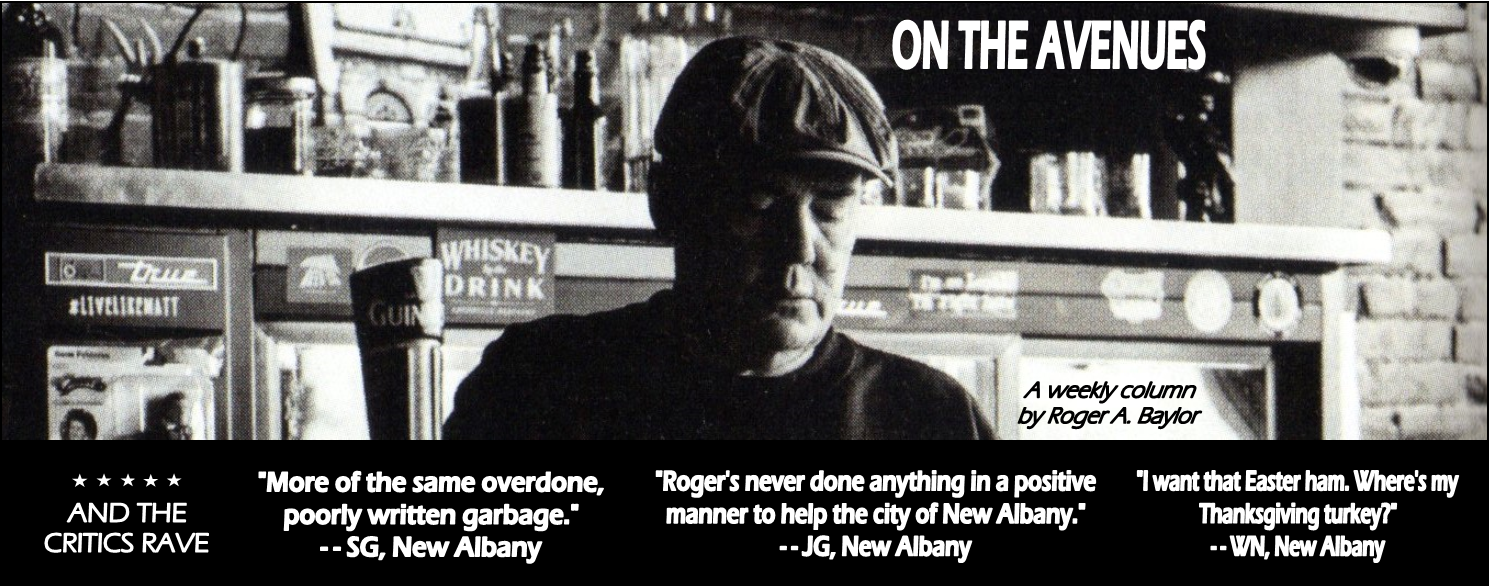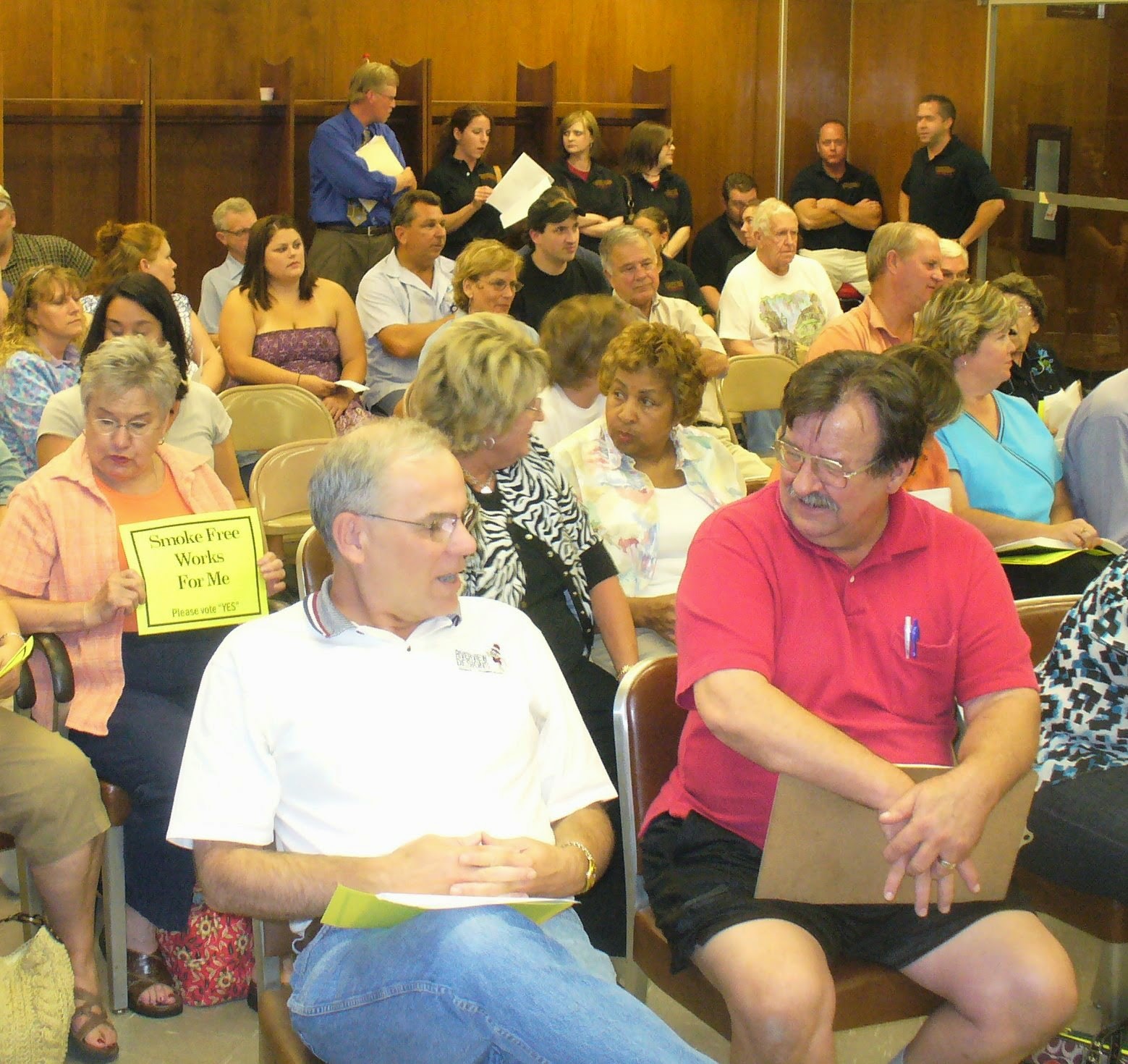
While lounging at Pints&union on a recent Saturday afternoon I found myself chatting with estimable local photographer David Modica. Upon returning home to the lair and glancing at the mound of old travel slides waiting to be scanned and digitized, it occurred to me how much a practiced lensman like David could have achieved in the East Bloc during the late 1980s.
However a second thought arrived quickly on the heels of the first, this being the vague memory of conditions on the ground that rendered an already poor photographer like me even worse at shutter’s snap — this in addition to my prior observation that when you’re carrying enough cheap slide film to last through a six-month trip, there does not exist the luxury to squeeze off dozens of shots from which to select the best.
Of course there’s no point denying that my wretchedness as a photographer was exacerbated by a reticence to be intrusive by pointing my camera at people who might conclude this well-heeled foreigner was seeking unflattering angles. Americans tended to be well-received within the communist perimeter at the time (a Polish man once told me the only person more popular in his country than Pope John Paul II was Ronald Reagan), but matters could get complicated if they thought you were laughing at them, as opposed to commiserating with them.
I’ve forgotten something else during the subsequent three decades of post-communist life. There was a certain measure of self-imposed restraint felt by many visitors based on advice in then-popular travel books to the effect that visiting a “police” state meant risking problems if you photographed taboo objects or potentially embarrassing social conditions.
As an aside, friends always used to ask me if it felt dangerous to holiday in the Eastern European worker’s paradise, and I’d say no, quite the contrary; it felt very safe if the word “safety” were to be defined by the absence of violence directed against us as tourists – as opposed to pervasive bullying by the government against people living there.
In fact while abroad in 1989 I was pickpocketed, drugged and robbed, and also had my credit card stolen — in France, Spain and Austria, respectively, not Czechoslovakia, East Germany or the Soviet Union. The one time I can recall feeling disconcerted while traveling was in 1985 when soldiers with machine guns were posted on street corners throughout Istanbul, Turkey — a capitalist country, by the way — because there’d only recently been a military coup. Too much Midnight Express, I suppose, although it proved to be a delightful stay otherwise.
Being a westerner in a communist country meant that one way or another, we were supplying the regime with much needed hard currency, whether via an official change bureau or by means of the helpful conduit of a black marketer. Either way, like water running downhill, “real” western money was destined to find its way to the government in the end. Acordingly, we were encouraged to spend it.
Still, there were behavioral boundaries. Only the universally adored Australians could get away with rowdiness without apparent consequence. It’s just a gift they seem to have. Addressing photography, I can remember being told not to take pictures of people waiting in line to buy things, a common sight in the USSR (less so elsewhere in the Bloc). Military installations were verboten, too, along with other locales and buildings of strategic significance, with the precise definition being left to the government’s whim.
Much of this was bluff, and yet it could be daunting. Did hospitals count? Sports stadiums? Breweries? There was no way of knowing. Once in Moscow we happened upon a tangled pile of exposed film on the ground. It was very easy to imagine it being yanked from a camera, even if we didn’t witness the policeman in the act.
How would the gatekeepers have reacted to a tourist with a camera documenting the exterior of the central prison in Prague just down the street from where I stayed in 1989 with the family of my friend, where Vaclav Havel had been incarcerated for what proved to be the final time only a couple months before I arrived? I knew what the building represented, but I left it alone. The simple point is that I didn’t want to risk it, and we can add a high degree of self-editing in terms of shot selection on top of my other inhibitions.
Besides, I was born to take lousy pictures and to live vicariously through the practiced eye of artists like Modica. Had he been along for the ride, he’d have found a way to capture the essence.
—
There’s a quote I’ve been trying to locate for years.
At this point I’m forced to concede the words I recall may or may not have been spoken, even if I continue to insist they were uttered by the track and field star Edwin Moses during the 1984 Summer Olympics in Los Angeles.
It was a hideous spectacle, the Games of the XXIII Olympiad. Good intentions notwithstanding, the modern Olympics have been politicized from the very start, as I suspect they also were in ancient Greece. Apart from the year 1984 serving as a convenient pretext for rereading of George Orwell’s novel of the same name, it also was an election year and the very pinnacle of the Cold War, Reaganism and Thatcherism.
Not unexpectedly the Hollywood filmmaker David Wolper was enlisted to “produce” the Olympics for global television, with every last movie gimmick trick from the arsenal of the Ben Hur generation in La La Land duly deployed and exaggerated for patriotic effect. Unfortunately for the RayGunners, all this mind-boggling garishness was not witnessed in person by the Warsaw Pact nations; they all boycotted the Olympics except for Nicolae “Conducator” Ceausescu’s Romania, for which the US State Department happily rewarded the dictator with enough slack to oppress his own people for another five years.
At some point amid the propaganda extravaganza Moses won yet another medal and was interviewed by a fawning broadcaster, who was no doubt scandalized to hear the athlete comment that he considered himself a citizen of the universe – or something like that.
I can’t actually prove Moses said it, but no matter. If he did not, someone else did, and either way it was a light bulb moment for me. I’d long been arguing about the impossibility of “proving” irrational religious beliefs, but it suddenly became clear that mankind’s enduring instinct for sectarianism and tribalism, amplified to deafening pitch with the inception of the modern nation state’s industrialized toolmaking, predates religious superstition. Religion is a mere symptom, not the disease.
Consequently, for me this notion of mindless patriotism in the sense of publicly demonstrating one’s “love” of country in knee-jerk, childlike ways is pure nonsense, every bit as much as the blind worship of objects, whether they come in the form of a saint’s toenail, a totem or a flag. Humans have brains, and it might be helpful to use them on occasion. Love might be a many splendored thing, but it’s better directed at other humans and not debatable abstractions that serve primarily to reinforce existing power structures.
That’s because we’re humans first. I was born the same way those guys on the “other” side were, and ultimately I’ll die in precisely the same fashion as someone from Tibet, Chile or South Africa. The rest of it is sheer serendipity, and should be regarded as such. Surely we have better things to do with the brief time we have.
Yes, “go back to where you came from” has returned to the news cycle.
Sentiments like this always have been primeval screams favor an abysmally ignorant point of view, especially as they pertain to “love” of a nation state founded on the basis of welcoming humans from elsewhere to come slaughter and enslave the ones already here.
It’s even less defensible from the perspective of humanity as a whole, although in this as in most all similar circumstances, the eternal imperatives of capital accumulation, and the concurrent preservation of wealth and privilege for the few, depend on the reinforcement of arbitrary divisions.
The disease isn’t limited to Americans, although we seem to be in the process of perfecting it. It’s neither a Republican nor a Democratic affliction, as it flourishes across the political spectrum. When you rant at another human being to conform to your precepts or else get the hell out, the sound you’re hearing off in the distance is the One Percent laughing uproariously all the way to the bank. The fewest with the most simply adore the ease with which you are distracted.
Some readers are red-faced: But what about our brave men and women in the military, fighting to preserve our freedom?
Well, wouldn’t it be great if the deprived weren’t compelled by threat of violence to preserve wealth and power by killing others who are in precisely the same predicament?
Since the dawn of civilization wars have been fought by humans who quite honestly are chosen to die for someone else’s money, property, status and religion, not their own. Violence is an abomination at any level of the human experience, but it doesn’t get much worse than when it is amalgamated and wielded at the nation state’s massive economy of scale.
I respect the soldiers quite a lot — so much so that I’d like to join with other fellow humans to determine ways of making their sacrifices less predictably common. If this requires a certain redirection of pitchforks, all the better.
Today’s column closes with the thoughts of Jason Williamson, one half of the Sleaford Mods, an English punk band.
“Racism is not the answer to your misery or feelings of alienation. It just isn’t. It never was. It’s just one of the many tools to keep you locked in a small room for the entirety of your life. Thank you. Look after each other. If you can.”
—
Recent columns:
July 11: ON THE AVENUES: Trieste, New Albany and the meaning of nowhere.
July 4: ON THE AVENUES: The 2019 remix, “You want some fries with your redevelopment?”
June 27: ON THE AVENUES: Mourning (and alcohol) in America, circa 1984.
June 18: ON THE AVENUES: Let’s lift our voices for another verse of “Talking Seventh Inning Blues.”











